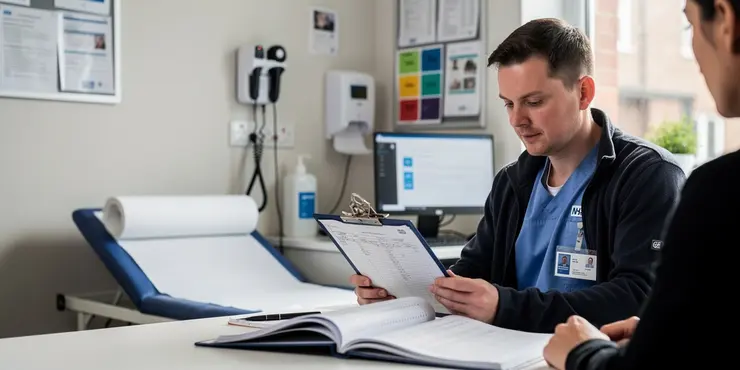
Find Help
More Items From Ergsy search
-
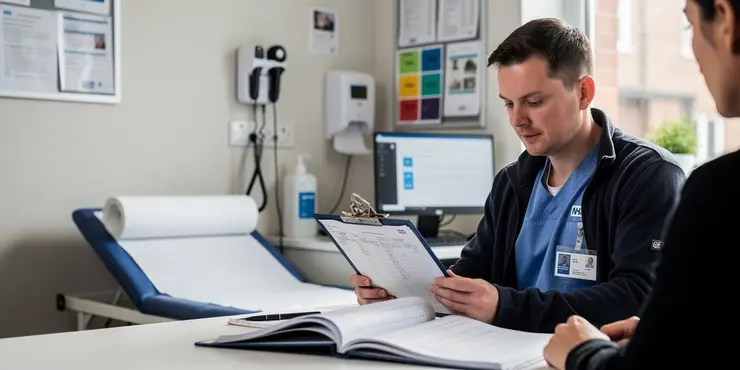
High Air Pollution Levels Linked to Rising Cases of Respiratory Issues
Relevance: 100%
-
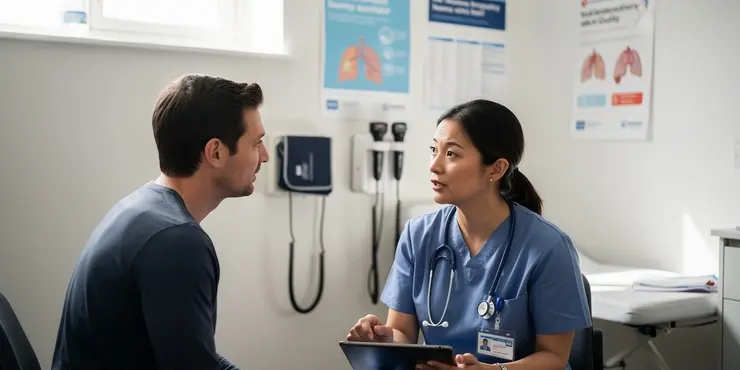
Air Pollution and Lung Cancer
Relevance: 73%
-
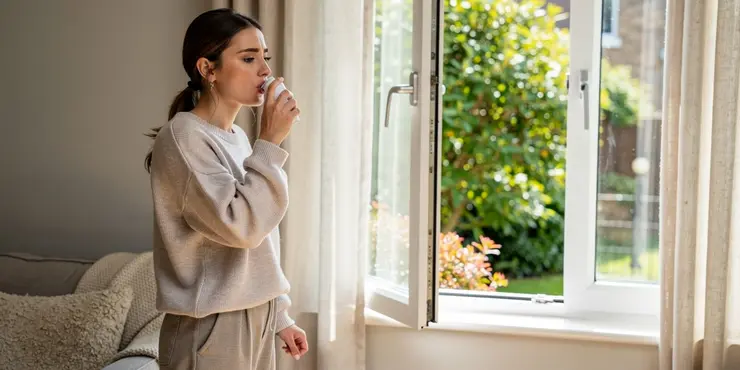
How does air pollution affect asthma?
Relevance: 67%
-
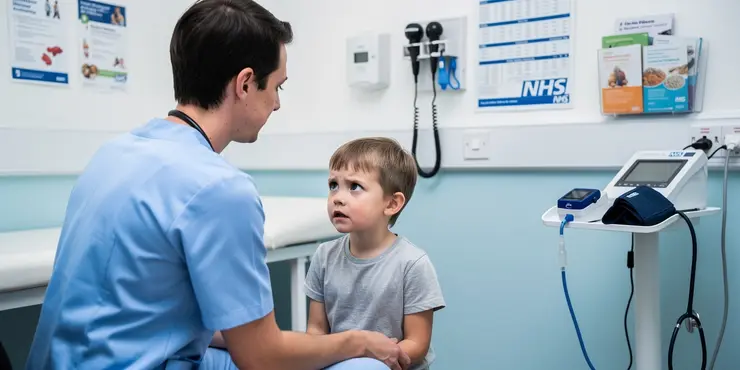
Rise in Childhood Asthma Linked to Air Pollution in Urban Areas
Relevance: 66%
-
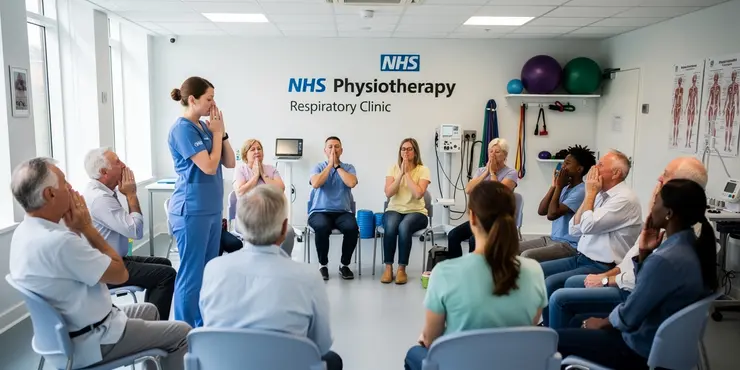
Can air physiotherapy prevent respiratory infections?
Relevance: 61%
-
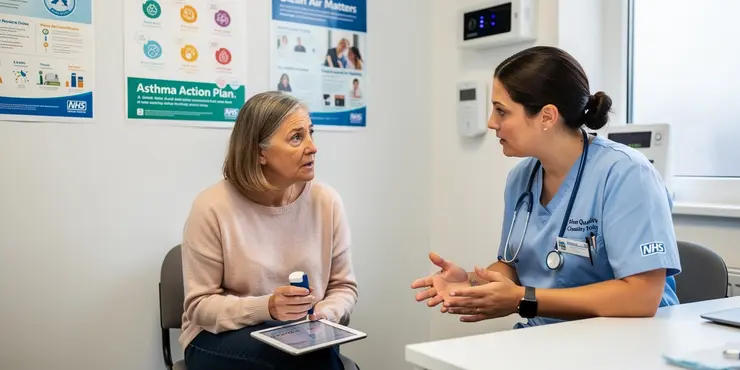
Where can I find information on air pollution and its effect on Asthma for my local area?
Relevance: 58%
-

Where can I find research studies on air pollution and asthma in my area?
Relevance: 57%
-
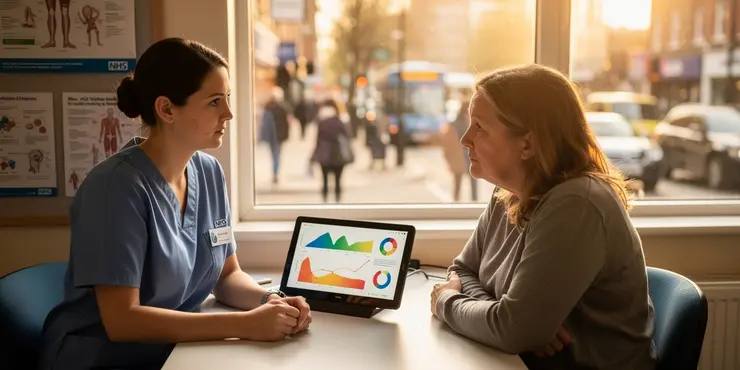
Is UK air quality changing?
Relevance: 51%
-
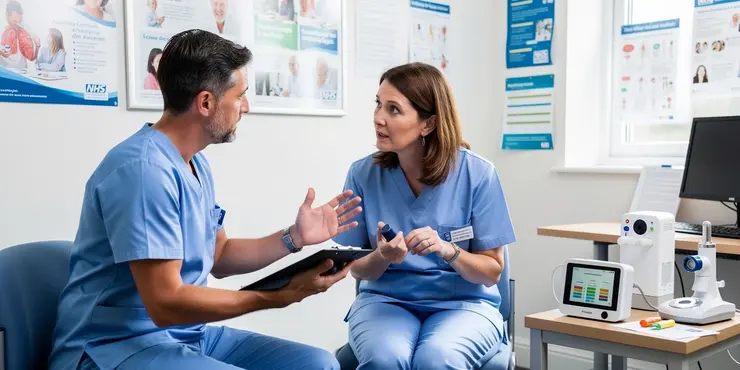
Are there mobile apps to track air quality and its impact on asthma?
Relevance: 50%
-
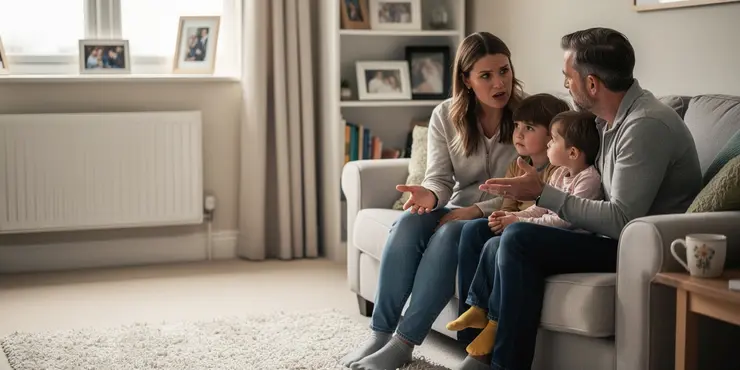
Understanding and Managing Respiratory Illnesses in Families
Relevance: 49%
-

What local organizations provide information on air pollution and asthma?
Relevance: 48%
-
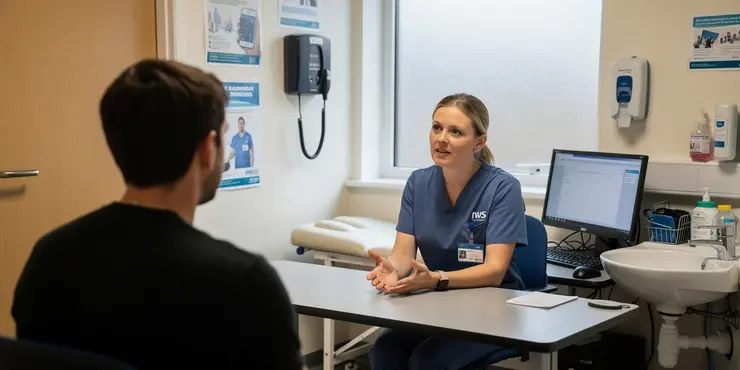
What are some common pollutants that affect asthma sufferers in urban areas?
Relevance: 47%
-
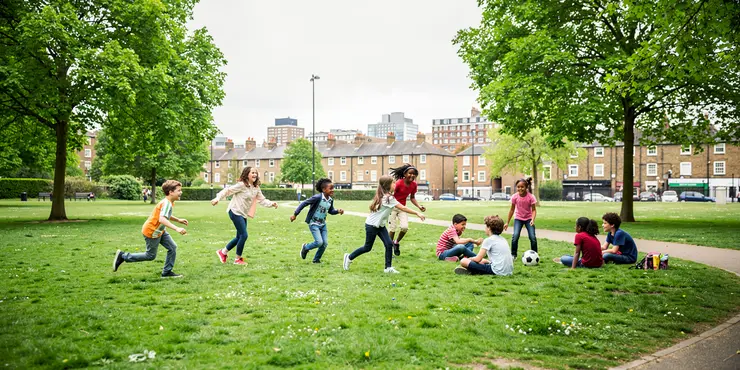
UK Study Links Poor Air Quality to Increased Asthma Cases in Urban Areas
Relevance: 47%
-
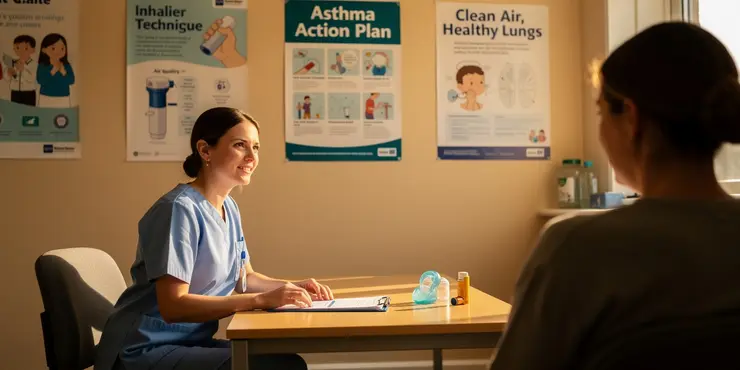
What local organizations provide information on air pollution and asthma?
Relevance: 47%
-

How does air physiotherapy work?
Relevance: 46%
-
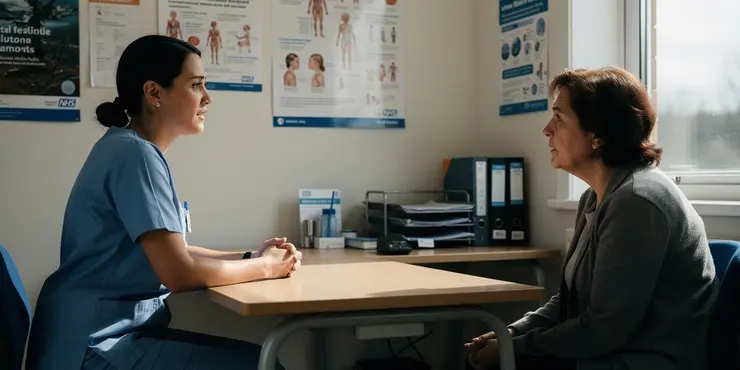
How does sewage pollution affect public health?
Relevance: 45%
-
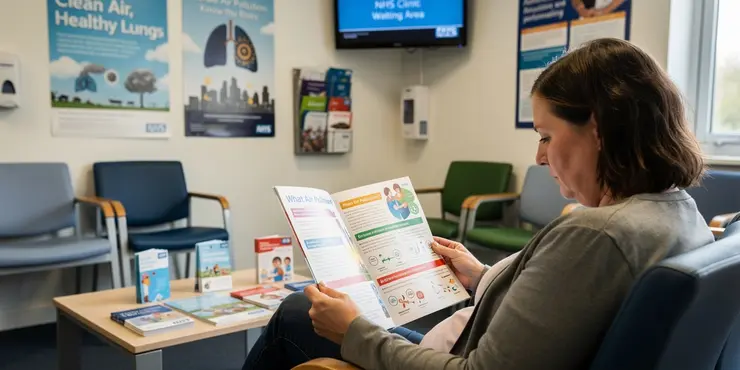
Where can I find general information about air pollution and asthma?
Relevance: 45%
-
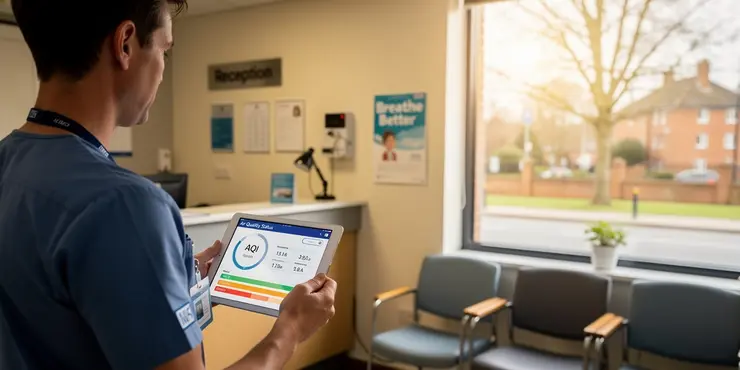
How do I check current air quality levels in my local area?
Relevance: 44%
-
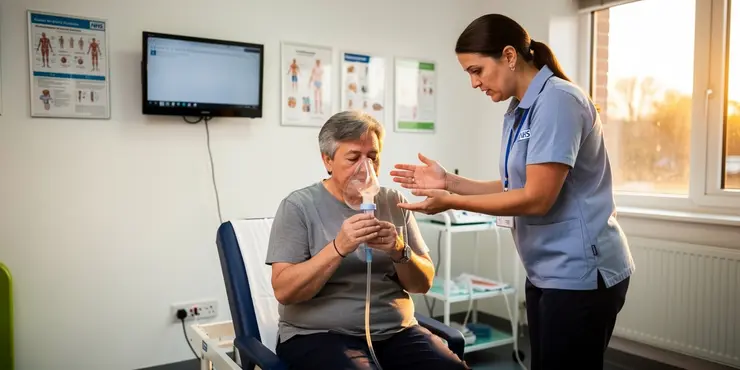
What is air physiotherapy?
Relevance: 44%
-
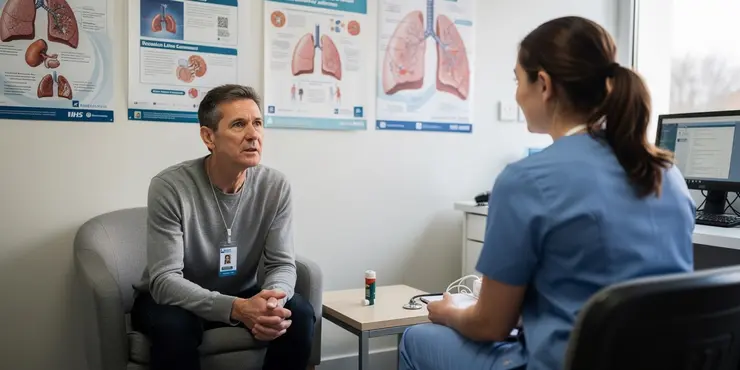
How can I reduce my exposure to air pollution if I have asthma?
Relevance: 44%
-
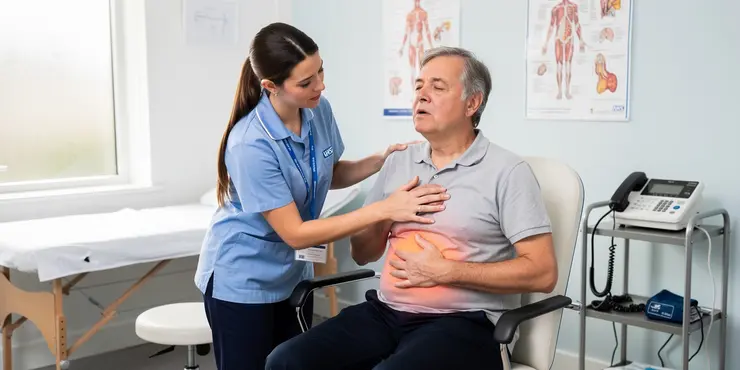
Are there any exercises involved in air physiotherapy?
Relevance: 43%
-
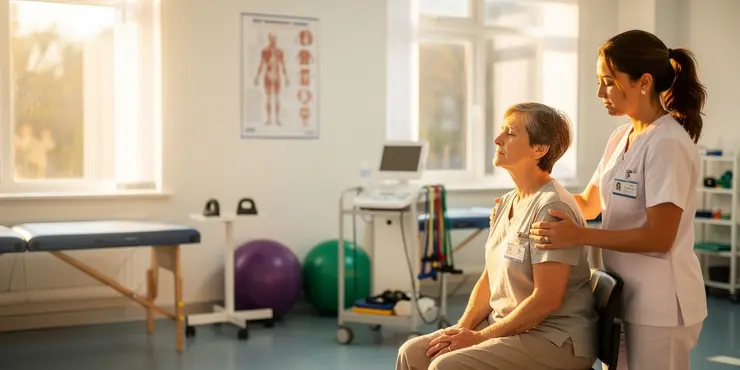
Is a prescription needed for air physiotherapy?
Relevance: 42%
-
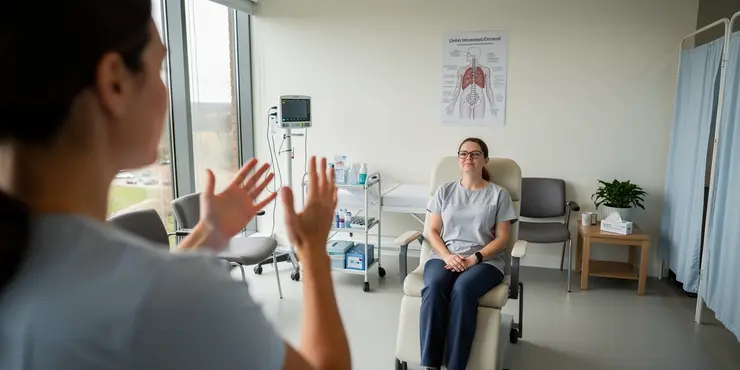
Does air physiotherapy involve medication?
Relevance: 41%
-

Who can benefit from air physiotherapy?
Relevance: 41%
-
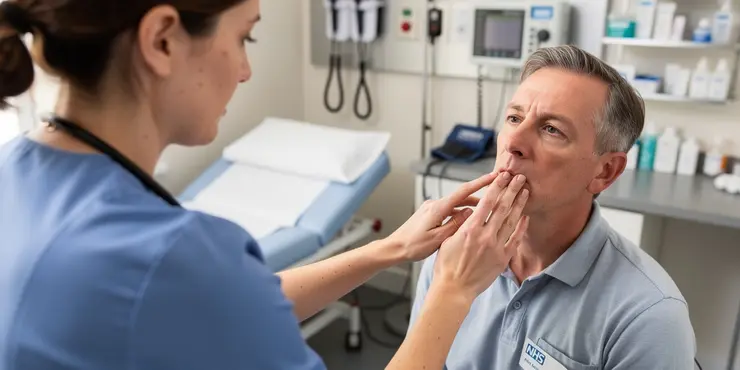
How often should one perform air physiotherapy?
Relevance: 41%
-
Are there any respiratory benefits linked to using sunbeds?
Relevance: 40%
-
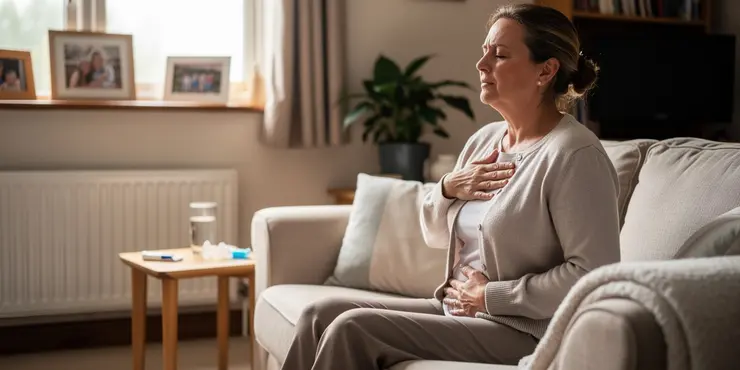
Can air physiotherapy be done at home?
Relevance: 39%
-
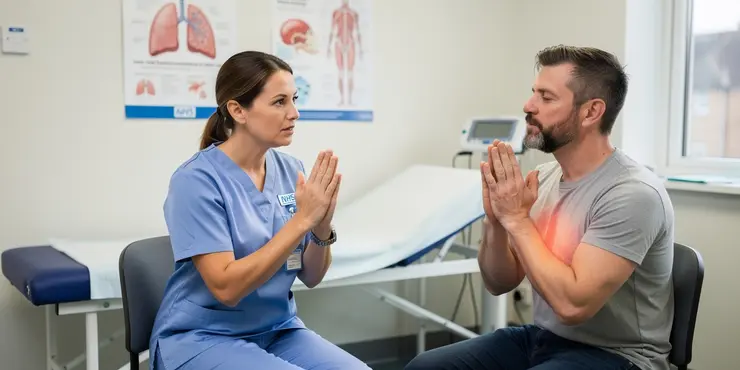
What qualifications should a provider of air physiotherapy have?
Relevance: 38%
-
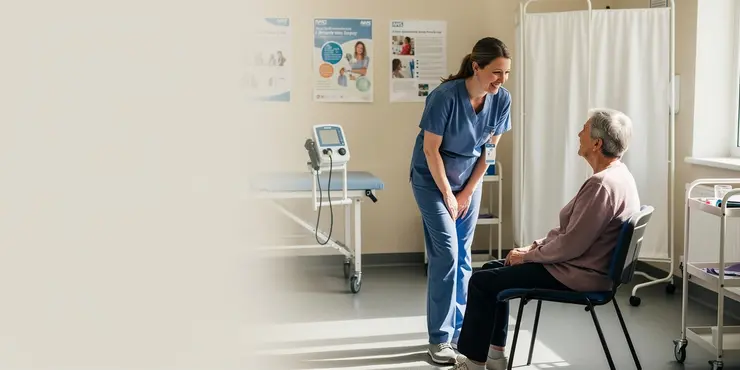
UK Sees Surge in Respiratory Illnesses as Weather Cools
Relevance: 38%
-
Can air physiotherapy help with COVID-19 recovery?
Relevance: 37%
-
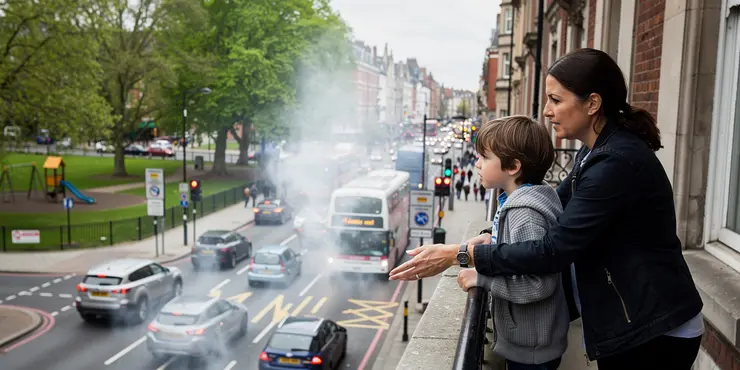
Are traffic fumes bad for my health?
Relevance: 36%
-
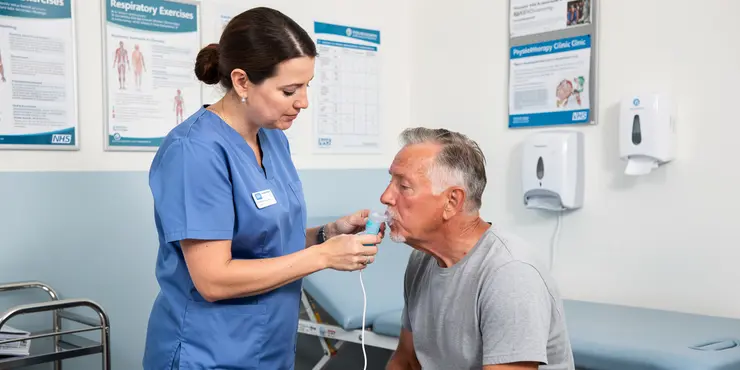
What equipment is used in air physiotherapy?
Relevance: 35%
-
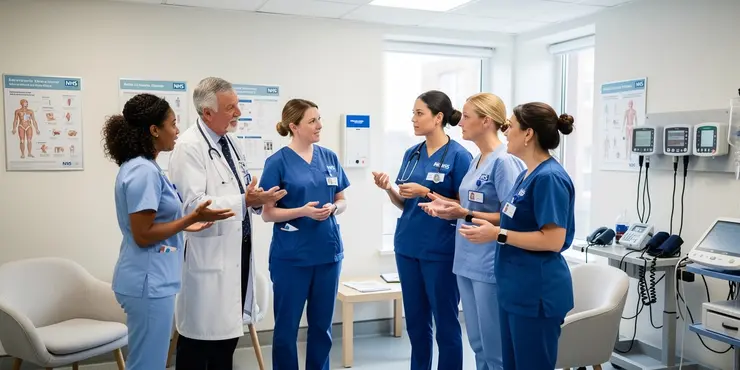
What causes sewage pollution on UK beaches?
Relevance: 35%
-
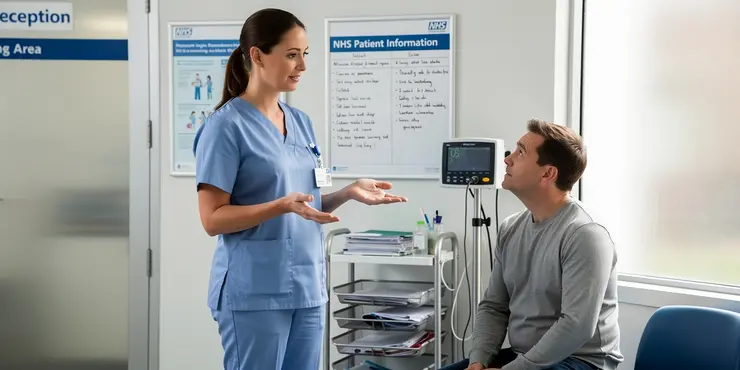
What agencies monitor and regulate sewage pollution in the UK?
Relevance: 35%
-
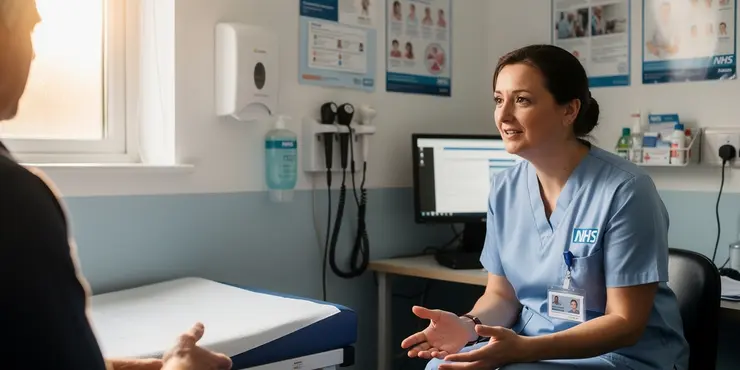
Which UK areas are most affected by sewage pollution?
Relevance: 34%
-

NHSGGC - Respiratory Physiotherapy Service: Self-Management
Relevance: 34%
-
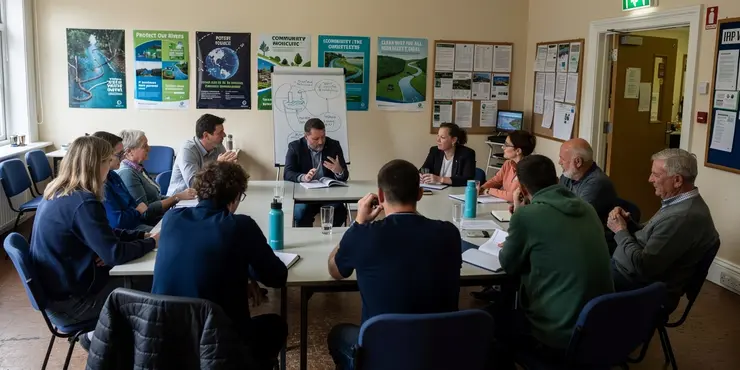
What is being done to address sewage pollution on UK beaches?
Relevance: 33%
-
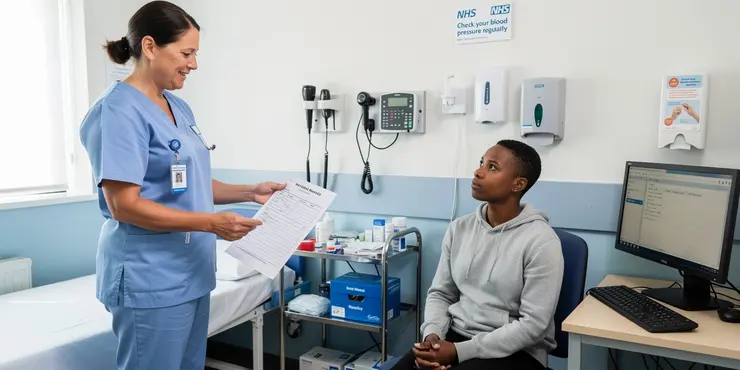
Can sewage pollution impact marine wildlife?
Relevance: 33%
-
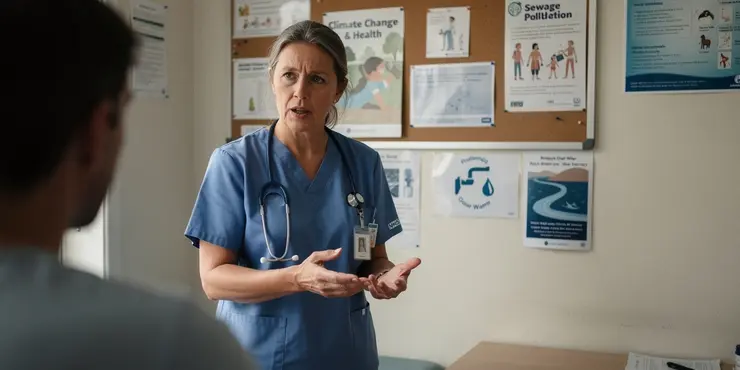
Is climate change affecting sewage pollution levels?
Relevance: 33%
-
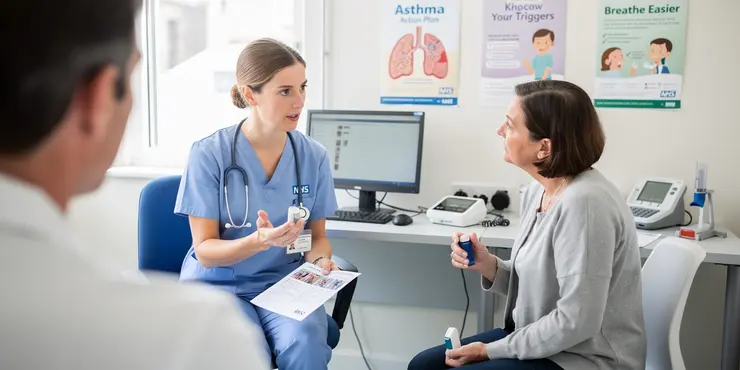
What causes asthma?
Relevance: 33%
Introduction
Air pollution is becoming an increasingly pressing issue in the UK, with significant implications for public health. Recent studies have found that high levels of air pollution are linked to a rise in respiratory issues among the population. This is of particular concern as urban areas continue to grow and industrial activity persists. Understanding the connection between air pollution and respiratory health is crucial for developing effective policies to protect the public.
What is Air Pollution?
Air pollution refers to the presence of harmful substances in the atmosphere, which can originate from both natural and man-made sources. Common pollutants include particulate matter (PM), nitrogen dioxide (NO2), sulfur dioxide (SO2), carbon monoxide (CO), and volatile organic compounds (VOCs). In dense urban areas, vehicle emissions, industrial discharges, and construction activities are significant contributors to air pollution levels.
Impact on Respiratory Health
Exposure to high levels of air pollution has been linked to a range of respiratory issues, including asthma, chronic obstructive pulmonary disease (COPD), and lung infections. Fine particulate matter (PM2.5) is particularly harmful as it can penetrate deep into the lungs and enter the bloodstream. This can exacerbate existing respiratory conditions and increase the risk of developing new health issues. Recent evidence suggests that long-term exposure to polluted air can reduce lung function and increase the incidence of respiratory diseases in children and adults.
Recent Findings
A recent report by Public Health England highlights the significant correlation between air pollution levels and respiratory ailments across the UK. The study revealed that areas with higher concentrations of pollutants often report a greater number of hospital admissions for respiratory problems. The elderly, children, and individuals with pre-existing health conditions are especially vulnerable to the adverse effects of polluted air.
Government Measures and Recommendations
The UK government has introduced various measures to combat air pollution, including the implementation of low emission zones and stricter emission standards for vehicles. Public transport infrastructure is being expanded to encourage a reduction in the use of personal vehicles. Moreover, public awareness campaigns aim to educate citizens about reducing their carbon footprint and minimizing indoor air pollution.
Conclusion
The link between high air pollution levels and rising cases of respiratory issues is undeniable, emphasizing the need for continued action and collaboration between government, industry, and individuals. By prioritizing cleaner energy sources, adopting sustainable practices, and enforcing stricter pollution regulations, the UK can work towards improving air quality and safeguarding public health. It is imperative that these efforts continue to gain momentum to ensure a healthier future for all residents.
Introduction
Air pollution is a big problem in the UK. It is bad for people's health. Studies show that when the air is dirty, people get more lung problems. This is a worry because cities are getting bigger, and there is more factory work. We need to know how dirty air and bad health are linked. This helps us make good rules to keep people safe.
What is Air Pollution?
Air pollution means there are bad things in the air. Some bad things come from nature, but many come from people. Common bad things in the air are dust and smoke (PM), certain gases like nitrogen dioxide (NO2), sulfur dioxide (SO2), carbon monoxide (CO), and chemicals called VOCs. In cities, cars, factories, and building work cause a lot of air pollution.
Impact on Respiratory Health
Breathing dirty air can cause problems like asthma, lung sickness, and infections. Tiny bits of dirt (PM2.5) are very harmful because they can get deep into the lungs and blood. This can make lung problems worse and may cause new health issues. If you breathe dirty air for a long time, it can make your lungs weak, especially for kids and adults.
Recent Findings
A report by Public Health England says there is a strong link between dirty air and lung problems in the UK. The report shows that areas with more air pollution often have more people going to the hospital with lung issues. Old people, kids, and people who are already sick get hurt most by dirty air.
Government Measures and Recommendations
The UK government is taking steps to fight air pollution. They are making areas with low pollution and setting stricter rules for cars. They are also making public transport better so people use their own cars less. Campaigns are telling people how to reduce pollution and keep inside air clean.
Conclusion
There is a clear link between dirty air and more lung problems. We need to keep working on this. The government, businesses, and people must work together. Using clean energy, being sustainable, and having strict pollution rules can help. Our goal is to make the air cleaner for healthy living. It is important to continue these efforts for a better future for everyone.
Frequently Asked Questions
What causes high air pollution levels?
High air pollution levels are typically caused by emissions from vehicles, industrial activities, burning of fossil fuels, and natural events like wildfires.
How does air pollution affect respiratory health?
Air pollution can cause respiratory issues by irritating the airways, reducing lung function, and aggravating conditions like asthma and chronic bronchitis.
Who is most at risk from air pollution-related respiratory issues?
Children, the elderly, and individuals with pre-existing respiratory conditions are most at risk.
What are common respiratory symptoms linked to air pollution exposure?
Common symptoms include coughing, shortness of breath, wheezing, and increased asthma attacks.
Can air pollution lead to chronic respiratory diseases?
Yes, long-term exposure to air pollution can contribute to the development of diseases like chronic obstructive pulmonary disease (COPD).
How can one reduce exposure to air pollution?
Limit outdoor activities on days with high pollution, use air purifiers indoors, and wear masks if necessary.
What role do weather conditions play in air pollution levels?
Weather conditions like wind and rain can help disperse pollutants, while stagnant air can cause pollution to accumulate.
Are there specific times of the day when air pollution is worse?
Air pollution is often worse during morning and evening rush hours due to increased vehicle emissions.
How is air quality measured?
Air quality is measured using the Air Quality Index (AQI), which considers pollutants like ozone, particulate matter, and nitrogen dioxide.
What can communities do to reduce air pollution?
Communities can promote public transportation, support clean energy initiatives, and enforce stricter emission regulations.
How can government policies help mitigate air pollution?
Governments can implement regulations on emissions, incentivize clean energy, and set air quality standards.
What is the impact of vehicle emissions on air quality?
Vehicle emissions are a major source of air pollutants like nitrogen oxides and particulate matter, which degrade air quality.
Can reducing industrial emissions improve air quality?
Yes, reducing emissions from industries can significantly improve air quality by decreasing pollutants released into the atmosphere.
What technologies exist to monitor and control air pollution?
Technologies include air quality monitoring stations, emission control devices, and pollution forecasting models.
How does deforestation contribute to air quality issues?
Deforestation reduces the number of trees that can absorb carbon dioxide, leading to higher levels of air pollutants.
What steps can individuals take to improve air quality?
Individuals can reduce car usage, conserve energy, and support policies and initiatives aimed at reducing pollution.
How does indoor air pollution affect respiratory health?
Indoor air pollution, from sources like tobacco smoke and cooking stoves, can lead to respiratory issues similar to outdoor air pollution.
What are common sources of indoor air pollution?
Common sources include tobacco smoke, combustion appliances, building materials, and chemical products.
How do emissions from agriculture affect air quality?
Agricultural practices can produce pollutants like ammonia and methane, which can contribute to air quality issues.
Why is public awareness important in combating air pollution?
Public awareness is crucial as it can lead to behavior changes, increased support for policies, and community action to improve air quality.
Why is the air sometimes dirty?
Air pollution can be very bad when there is smoke from cars, factories, burning things like coal and oil, and big fires in the forest.
How does dirty air affect breathing?
Dirty air can make it harder to breathe. It can cause coughing, sneezing, and make your chest feel tight. If you have asthma, it can make it worse.
Support tools:
- Use pictures to understand better.
- Ask someone to read it with you.
- Use apps that read text out loud.
Dirty air can make it hard to breathe. It can bother our nose, throat, and lungs. This might make it harder for the lungs to work well. It can make problems like asthma or long-lasting coughs worse.
Who can get sick from dirty air?
Some people can get sick from breathing dirty air. These people might be:
- Children.
- Older adults.
- People with asthma or breathing problems.
- People with heart problems.
It helps to stay indoors on days when the air is bad. You can also use an air purifier to clean the air inside your home.
Kids, older people, and people who already have breathing problems can get sick more easily.
What breathing problems can dirty air cause?
When the air is dirty, it can make it hard to breathe. Here are some things that can happen:
- Coughing
- Feeling like you can't catch your breath
- Wheezing (a whistling sound when you breathe)
- Chest tightness
- Runny nose
To help you understand better, you can:
- Use pictures to show what happens to the body
- Ask an adult or a friend to explain more
- Watch a video about how to take care of your lungs
Common signs are coughing, trouble breathing, making a whistling sound when you breathe (wheezing), and more asthma attacks.
Can dirty air make it hard to breathe for a long time?
Yes, breathing dirty air for a long time can make you sick. It can give you lung problems like COPD, which makes it hard to breathe.
Here are some helpful tools:
- Use air purifiers to clean the air inside your home.
- Check the air quality outside before going out.
- Wear a mask on days when the air is very dirty.
How can you stay away from air pollution?
Air pollution is bad for your health. Here are some easy ways to stay safe:
- Stay Indoors: Try to stay inside when the air is bad.
- Keep Windows Closed: Close your windows to keep dirty air out.
- Wear a Mask: If you go outside, use a mask to help you breathe clean air.
- Use Air Purifiers: At home, use a machine that cleans the air.
- Check Air Quality: Use apps or websites to see how clean the air is before going out.
These tips can help keep you healthy and safe.
Stay inside when the air outside is dirty. Use machines inside to clean the air. Wear a mask if you need to go outside.
How does the weather change air pollution?
Wind and rain can help clean the air by moving pollution away. But when the air is still and does not move, pollution can build up and stay in one place.
When is the air more dirty in the day?
Air pollution can be bad in the morning and evening because there are lots of cars on the road. Cars make dirty air with their exhausts, especially when people go to work and come home.
Tip: Try checking the air quality using an app. It can help you know when it’s safe to go outside.
How do we know if the air is clean?
We use tools to check the air. They tell us if the air is clean or dirty.
Here are some ways to know about air quality:
- Different tools can check for dust and smoke in the air.
- Some apps on phones show if the air is good or bad.
- Colors like green, yellow, and red can tell if air is clean, okay, or dirty.
These tools help us stay healthy.
We use the Air Quality Index (AQI) to check how clean or dirty the air is. It looks at bad stuff in the air like ozone, tiny bits of dust, and nitrogen dioxide.
You can use pictures or color codes to help understand if the air is good or bad. You can also use a reading device or ask someone to explain it to you.
How can communities make air cleaner?
1. Plant more trees. Trees help clean the air.
2. Walk or ride a bike instead of driving. This makes less smoke.
3. Use buses and trains. It helps to have fewer cars on the road.
4. Recycle. This helps make less waste.
5. Save energy at home. Turn off lights when not needed.
Helpful tools: You can use picture charts and symbols to remind you of these actions.
Communities can help by making public transport better, using clean energy, and having stronger rules to reduce pollution.
How can government rules help reduce dirty air?
Governments can make rules to keep the air clean. Here are some ways they can help:
- Clean Energy: Use wind and solar power instead of coal and oil. This makes less smoke and keeps the air clean.
- Public Transport: Build buses and trains so people don’t need to drive cars all the time. This helps make less air pollution.
- Tree Planting: Plant more trees. Trees help clean the air and give us fresh oxygen.
- Laws for Factories: Make rules for factories to use filters and reduce smoke.
Here are some tools to help understand these ideas:
- Use pictures or diagrams to see how pollution happens and how we can stop it.
- Watch videos about air pollution to see these ideas in action.
Governments can make rules to cut down pollution, give rewards for using clean energy, and set limits to keep the air clean.
How do car fumes affect the air we breathe?
Car fumes can make the air dirty. This can be bad for our health.
- Cars and trucks: They give off smoke when they run.
- Dirty air: The smoke makes the air dirty.
- Health problems: Breathing dirty air can make people sick.
To make reading easier, you can:
- Listen to someone read the text out loud.
- Use pictures to help understand the words.
Cars and trucks make the air dirty. They let out gases and tiny particles that make it hard to breathe.
Can less pollution from factories make the air cleaner?
When factories make things, they can create pollution. This pollution can make the air dirty and not nice to breathe. If factories make less pollution, the air can get cleaner.
Here are some ideas to help understand:
- Factories: Places where things are made, like toys or cars.
- Pollution: Dirty stuff that goes into the air and can make it hard to see and breathe.
- Cleaner Air: Air that is nice and fresh to breathe and does not hurt our lungs.
If we make sure factories have less pollution, the air can be better for everyone.
Yes, making less pollution from factories makes the air cleaner. This happens because factories put less bad stuff into the air.
How can we check and stop air pollution?
There are tools that help us find and control bad air. Here are some:
- Sensors: Small machines that check the air for dirty things.
- Air Filters: These clean dirty air to make it safe to breathe.
- Apps: They show air quality on your phone or computer.
Ask an adult to help you use these tools to learn more about the air around you.
There are tools to help with air pollution. These include air check stations, machines that clean the air, and computer models that tell us about future pollution.
How does cutting down trees make the air dirty?
When we cut down trees, it can make the air dirty. Trees help clean the air. When there are fewer trees, the air can become full of bad things. This makes it hard for people and animals to breathe.
If you need help reading, you can ask someone to read with you. You can also use apps that read text out loud.
When we cut down too many trees, there aren't enough left to clean the air. This makes the air dirtier because the trees can't help take away the bad stuff like carbon dioxide.
How can we help make the air cleaner?
People can use their cars less, save energy, and help support rules and plans to stop pollution.
How does indoor air pollution affect breathing health?
Indoor air pollution can make it hard to breathe. It can make people feel sick. This happens when the air inside a building is dirty or has bad smells.
Breathing bad air can hurt your lungs. It can cause coughing, wheezing, or make you feel short of breath.
It is important to keep the air in your home clean. You can use fans, open windows, and clean your home often.
If you have trouble understanding, ask someone to explain it to you. You can also use pictures or videos to learn more.
Air inside can get dirty too. This can happen from things like cigarette smoke and cooking stoves. It can make it hard to breathe, just like dirty air outside.
What makes the air inside dirty?
- Smoke from cooking or cigarettes.
- Chemicals in cleaning products.
- Dust, pet hair, and mold.
- Paints and sprays.
- Poor ventilation (not enough fresh air).
Here are some tips to help:
- Open windows for fresh air.
- Use fans or air purifiers.
- Choose natural cleaning products.
- Keep your home clean and dust-free.
Some common things that can make the air dirty are:
- Smoke from cigarettes
- Things that burn, like stoves
- Stuff used to build houses
- Cleaning products and chemicals
How does farming change the air?
Farming can change the air. Here’s how:
- Animals like cows let out gas. This is called methane.
- Machines and tools used on farms, like tractors, can put smoke in the air.
- Spraying plants with bug spray can send chemicals into the air.
Too much of these can make the air dirty.
Use picture books and apps to learn more. Ask someone to explain if you’re unsure.
Farming can make gases like ammonia and methane. These gases can make the air dirty.
Why do we need to tell people about air pollution?
It is important to tell everyone about air pollution. When people know about it, they can help make the air cleaner. Here is why it matters:
- When people understand, they can make good choices to help the air.
- Everyone can work together to do things that stop air pollution.
- Sharing ideas can lead to new ways to keep the air clean.
Tools that might help:
- Watch simple videos about air pollution.
- Read short stories or comics about keeping the air clean.
- Join fun group activities that teach about the environment.
It is important for everyone to know about air quality. When people understand, they can change how they act. This helps make the air cleaner. It also helps get more people to support rules and work together to make the air better.
Useful Links
This website offers general information and is not a substitute for professional advice.
Always seek guidance from qualified professionals.
If you have any medical concerns or need urgent help, contact a healthcare professional or emergency services immediately.
Some of this content was generated with AI assistance. We’ve done our best to keep it accurate, helpful, and human-friendly.
- Ergsy carfully checks the information in the videos we provide here.
- Videos shown by Youtube after a video has completed, have NOT been reviewed by ERGSY.
- To view, click the arrow in centre of video.
- Most of the videos you find here will have subtitles and/or closed captions available.
- You may need to turn these on, and choose your preferred language.
- Go to the video you'd like to watch.
- If closed captions (CC) are available, settings will be visible on the bottom right of the video player.
- To turn on Captions, click settings .
- To turn off Captions, click settings again.
More Items From Ergsy search
-

High Air Pollution Levels Linked to Rising Cases of Respiratory Issues
Relevance: 100%
-

Air Pollution and Lung Cancer
Relevance: 73%
-

How does air pollution affect asthma?
Relevance: 67%
-

Rise in Childhood Asthma Linked to Air Pollution in Urban Areas
Relevance: 66%
-

Can air physiotherapy prevent respiratory infections?
Relevance: 61%
-

Where can I find information on air pollution and its effect on Asthma for my local area?
Relevance: 58%
-

Where can I find research studies on air pollution and asthma in my area?
Relevance: 57%
-

Is UK air quality changing?
Relevance: 51%
-

Are there mobile apps to track air quality and its impact on asthma?
Relevance: 50%
-

Understanding and Managing Respiratory Illnesses in Families
Relevance: 49%
-

What local organizations provide information on air pollution and asthma?
Relevance: 48%
-

What are some common pollutants that affect asthma sufferers in urban areas?
Relevance: 47%
-

UK Study Links Poor Air Quality to Increased Asthma Cases in Urban Areas
Relevance: 47%
-

What local organizations provide information on air pollution and asthma?
Relevance: 47%
-

How does air physiotherapy work?
Relevance: 46%
-

How does sewage pollution affect public health?
Relevance: 45%
-

Where can I find general information about air pollution and asthma?
Relevance: 45%
-

How do I check current air quality levels in my local area?
Relevance: 44%
-

What is air physiotherapy?
Relevance: 44%
-

How can I reduce my exposure to air pollution if I have asthma?
Relevance: 44%
-

Are there any exercises involved in air physiotherapy?
Relevance: 43%
-

Is a prescription needed for air physiotherapy?
Relevance: 42%
-

Does air physiotherapy involve medication?
Relevance: 41%
-

Who can benefit from air physiotherapy?
Relevance: 41%
-

How often should one perform air physiotherapy?
Relevance: 41%
-
Are there any respiratory benefits linked to using sunbeds?
Relevance: 40%
-

Can air physiotherapy be done at home?
Relevance: 39%
-

What qualifications should a provider of air physiotherapy have?
Relevance: 38%
-

UK Sees Surge in Respiratory Illnesses as Weather Cools
Relevance: 38%
-
Can air physiotherapy help with COVID-19 recovery?
Relevance: 37%
-

Are traffic fumes bad for my health?
Relevance: 36%
-

What equipment is used in air physiotherapy?
Relevance: 35%
-

What causes sewage pollution on UK beaches?
Relevance: 35%
-

What agencies monitor and regulate sewage pollution in the UK?
Relevance: 35%
-

Which UK areas are most affected by sewage pollution?
Relevance: 34%
-

NHSGGC - Respiratory Physiotherapy Service: Self-Management
Relevance: 34%
-

What is being done to address sewage pollution on UK beaches?
Relevance: 33%
-

Can sewage pollution impact marine wildlife?
Relevance: 33%
-

Is climate change affecting sewage pollution levels?
Relevance: 33%
-

What causes asthma?
Relevance: 33%


